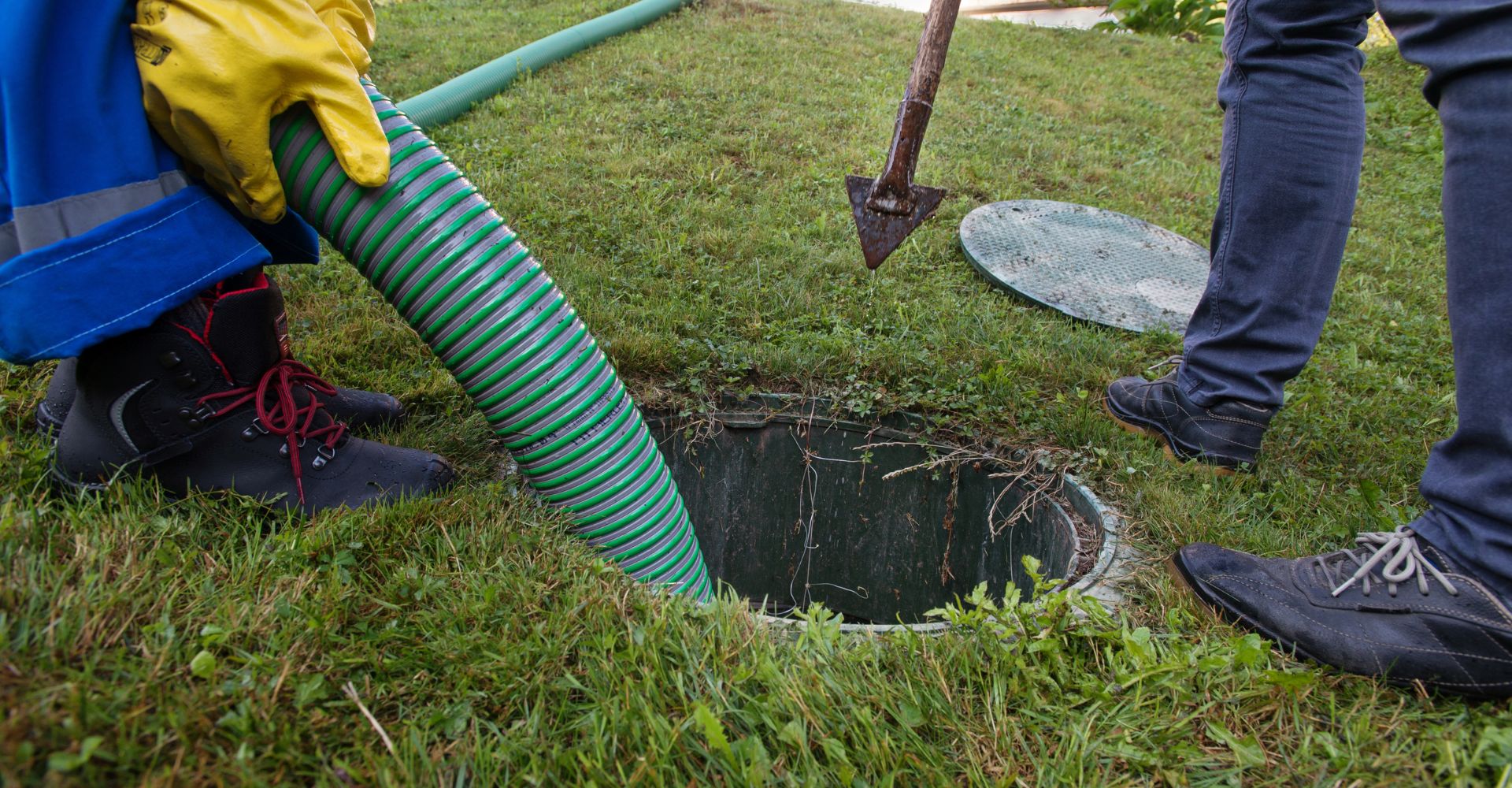Maintaining a properly functioning septic system is essential for any property not connected to municipal waste systems. However, septic tank services often fall into the “out of sight, out of mind” category until a problem arises. Ignoring your septic system can lead to messy, costly, and unpleasant situations, and no one wants that!
This guide will walk you through everything you need to know about septic tank services, from maintenance tips to understanding when it’s time to call a professional. Whether you’re a homeowner or property manager, we’ve got you covered.
Why Septic Tank Maintenance Matters
Your septic system is the unsung hero of wastewater management. It quietly processes and treats all the waste leaving your home, ensuring that solids, liquids, and scum are effectively separated and broken down. However, without regular maintenance, your septic tank can reach capacity, leading to backups, slow drains, or even system failure.
The good news? Proper septic tank services not only keep your system running smoothly but also extend its lifespan and save you from costly repairs.
Common Signs You Need Septic Tank Services
Wondering whether it’s time to schedule septic tank maintenance? These signs indicate your system may need attention:
- Slow Draining Fixtures: Have you noticed your sinks, showers, or tubs taking longer to drain? It could mean your tank is nearing capacity.
- Foul Odors: Bad smells around your drains or yard are a clear red flag of a system that’s struggling.
- Pooling Water in Your Yard: Water collecting near the septic system can indicate a leak or overflowing tank.
- Sewage Backup: A backup in your home is a surefire sign that your tank requires immediate attention.
- Lush, Green Grass: While it sounds good, unusually vibrant grass over or near your septic tank could signal an issue like a leak.
Components of Professional Septic Tank Services
Septic tank services can offer much more than just an emergency fix when problems arise. Routine care and monitoring go a long way. Here’s what professional services generally include:
1. Septic Tank Pumping
Over time, solid waste (sludge) builds up at the bottom of your septic tank, while grease and oils float to the top. Pumping removes these layers to prevent them from clogging your drainage field. This service is recommended every 3 to 5 years, but the schedule varies depending on tank size, household size, and water usage.
2. Septic Inspections
Routine inspections help identify potential issues before they escalate into costly repairs. A professional technician will assess your tank, pipes, and drainage area to ensure everything operates optimally.
3. Repairs and Troubleshooting
If there’s physical damage or a blockage within your septic tank or system, septic services can repair cracks, clean clogged pipes, or replace broken components.
4. Drain Field Maintenance
Your septic drain field (or leach field) is a critical component of your system. Problems here, like compaction or improper drainage, can cause your entire septic setup to malfunction. Regular maintenance ensures waste water is being absorbed correctly into the soil.
DIY vs. Professional Septic Maintenance
While regular observation on your part is important, some aspects of septic tank services should always be left to professionals.
What You Can Handle Yourself
- Limit Water Use: Spread out water usage to avoid overwhelming your tank.
- Watch What Goes Down the Drain: Keep fats, grease, coffee grounds, and non-biodegradable items out of your drains.
- Use Bacteria Additives Sparingly: These supplements can help keep your septic system balanced but overuse can be harmful.
- Keep Records of previous inspections, pumpings, and repairs.
Why You Need Professionals
Professionals bring in tools, expertise, and experience to perform complex tasks like pumping, repairs, and inspections. Attempting to do these yourself could lead to more problems or even injury. Trust the experts for the heavy lifting.
How to Choose the Right Septic Tank Services
Selecting the best provider for septic tank services is crucial for quality maintenance and peace of mind. Keep these tips in mind when searching for a septic service provider:
- Experience: Look for companies with years of experience and a strong track record in the industry.
- Licenses and Certifications: Ensure the technicians are licensed to perform septic services in your area.
- Customer Reviews: Positive reviews from satisfied customers are a great indicator of reliable service.
- Comprehensive Care: Choose a company offering a range of services, from pumping and inspections to repairs.
- Transparency in Pricing: Reputable companies will provide clear and fair pricing without hidden fees.
Pro Tips for Long-Term Septic Tank Health
Here are some of the best practices to keep your system running smoothly for years to come:
1. Stick to a Pumping Schedule
Routine pumping is the backbone of a healthy septic system. Keep a schedule and never skip it.
2. Protect Your Drain Field
Avoid parking, planting trees, or building structures near your septic drain field, as this can damage the underground pipes.
3. Use Water Wisely
Efficient water usage reduces the strain on your septic system. Install low-flow toilets and fix leaky faucets quickly.
4. Dispose Properly
Never flush non-degradable items like wipes, sanitary products, or paper towels. Even “flushable” wipes can cause issues in septic tanks.
5. Educate Your Household
Make sure everyone in your home understands how to care for a septic system. Little changes can go a long way.
6. Get Regular Inspections
A professional inspection every couple of years can catch small issues before they become major headaches.
A Healthy Septic System Starts with Awareness
When maintained properly, your septic tank can serve you efficiently for decades. Regular septic tank services in Marion ,paired with mindful water usage and disposal habits, can go a long way in preventing costly repairs and emergency cleanups.
If you’re unsure where to start, reach out to a trusted septic service provider in your area. They can help guide you on the best next steps to take for your specific system.





























